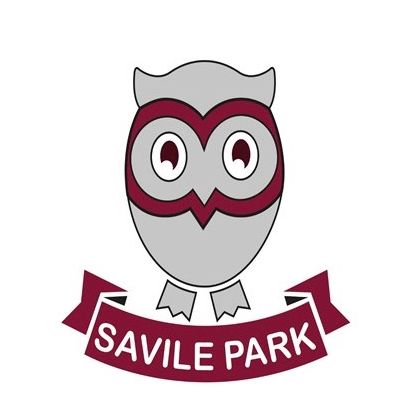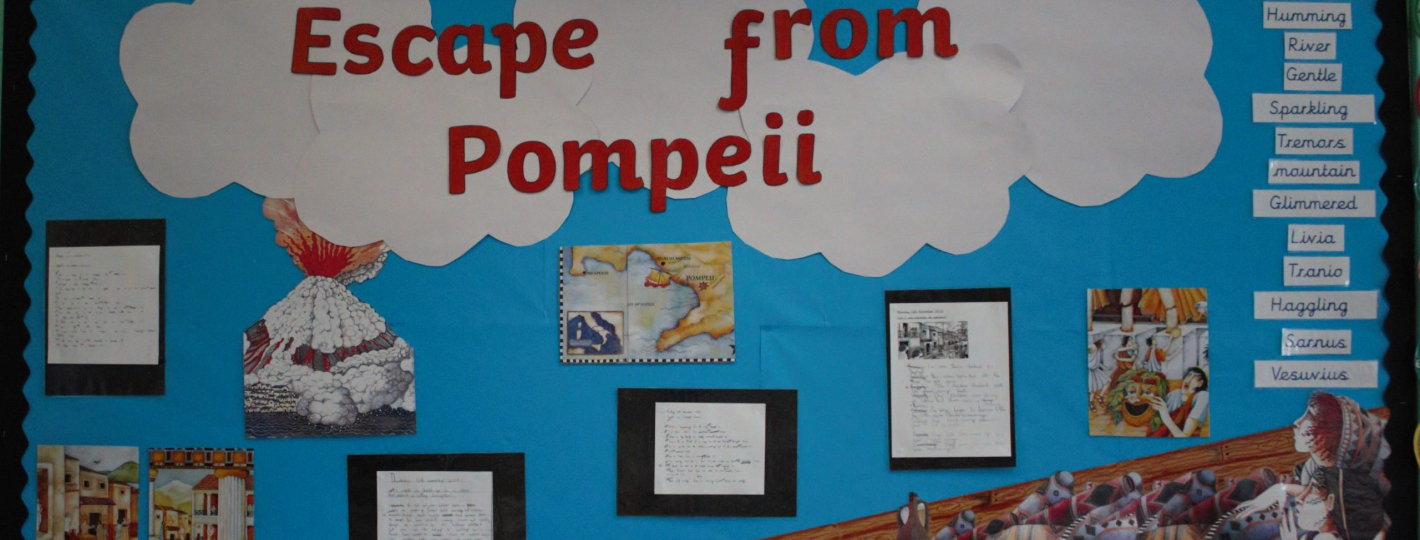History Curriculum
In history at Savile Park the children are inspired to research about the past and especially enjoy all the bits that are gory, nasty or just plain mad! It is also fantastic for using so many English, Computing, Art and collaborative skills. We just cannot ignore the wonderful advantages of learning about the past.
Progression of skills for History
History can be summed up in just a few statements: ordering events in time; finding differences and similarities; writing and talking about the past; using different sources for information; asking and answering questions. All our classes will do all of these at some point and aim to link ‘then’ with ‘now’.
Early Years Foundation Stage
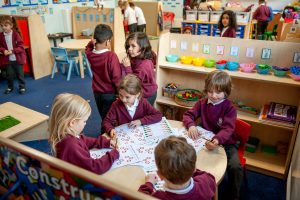
The early learning goals at EYFS are very much focused on the memories of the child. It may be that they are asked to remember a special event or routine or custom for their family. They may talk about differences between different family members or different generations. Looking at how they have grown and changed.
Key Stage One
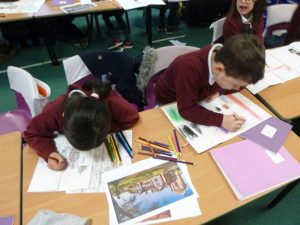
At Key Stage 1 children are asked to learn about specific people from the past and events that are both within and beyond living history. We cover some amazing topics that link to the children’s interests. These include pirates, dinosaurs, Shibden Hall and kings and queens. Looking at our local history gives the opportunity for local trips also.
Key Stage Two
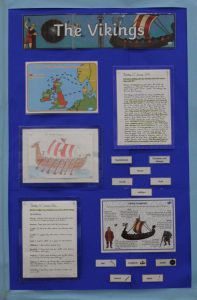
At Key Stage 2, the curriculum is much more prescriptive. The children learn all about the following periods of British history over the 4 years in Key Stage 2.
- Stone Age
- Ancient Romans
- Anglo Saxons and Scots
- The Vikings
- Local history unit
- A period of history later than 1066
Children are also introduced to some world civilisations in history. Savile Park covers:
- Ancient Greeks
- Ancient Egyptians
- The Mayans to contrast with British history
Educational visits form a vital part of engaging children in History and examples of visits and workshops include Cliffe Castle in Keighley to learn about Ancient Egyptians, Halifax Piece Hall and Shibden Hall as part of the local history of Halifax, a day in role at a mummification workshops and a day as a Viking at the Danelaw Village as well as special visitors coming in to share personal histories of the local area.
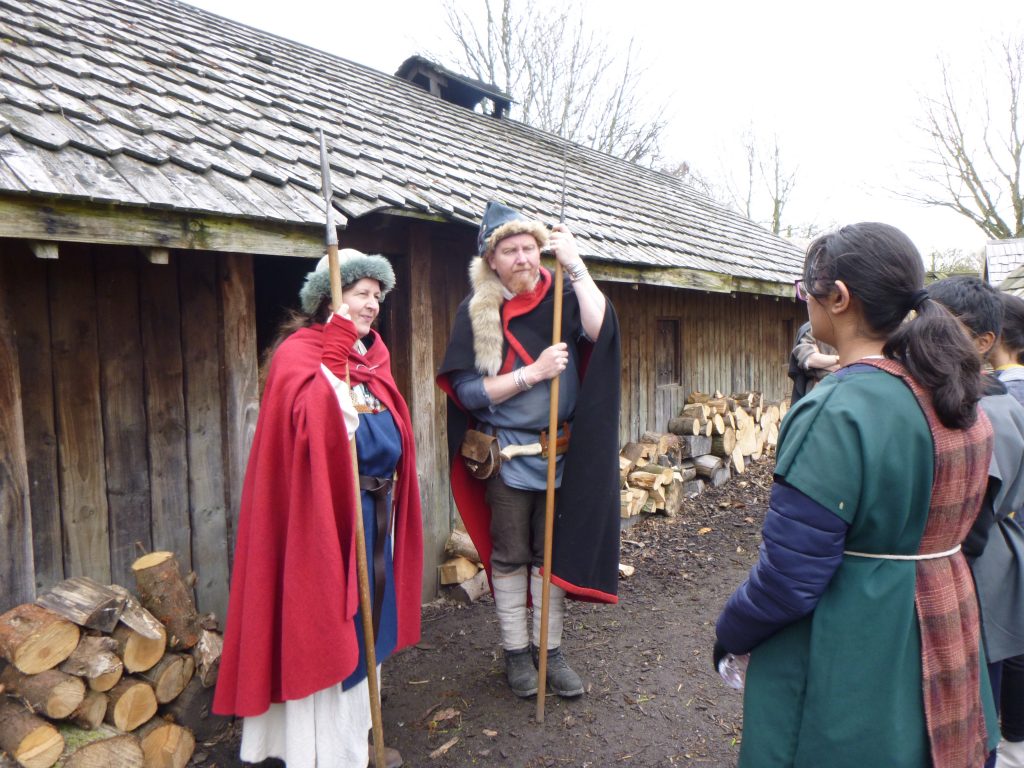
How can I support my child with history?
Look at recent school newsletters to find out what latest is and spend some time as a family researching and discussing the topic as a family.
Engage in topic homework activities, spending time together to create something based upon the class topic will help deepen your child’s understanding.
Another way to help is to visit museums, historic houses and talk about the topics that they are doing. The children who love history are often the ones who have seen a love of the past in their parents. There are many free museums, especially in the bigger cities. Use them as a resource and spend quality time sharing the past together. Otherwise, watch age-appropriate history programmes on TV.
There are some fantastic children’s books based in the past. Whilst these are often fiction, there will be facts and figures in the books that children will remember. Some good examples include: anything by Caroline Lawrence (the Roman Mysteries), Goodnight Mr Tom (WW2 and evacuation), Stig of the Dump (Clive King) and picture books or non-fiction books that you can share at bedtime.
Finally, if all else fails, embrace the Horrible Histories approach and go for the gross! Knowing about toilet etiquette in Roman times, that the Ancient Greek men did sports naked, or that the Ancient Egyptians used to hook the brains of dead people out through their nose before mummification will be enough to liven up any conversation about history!
Useful Websites:
